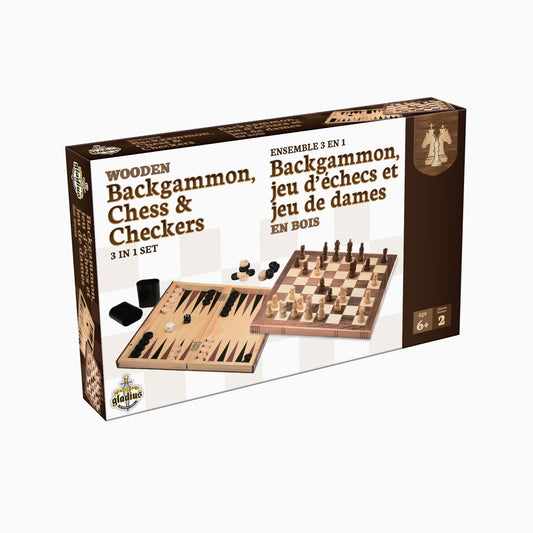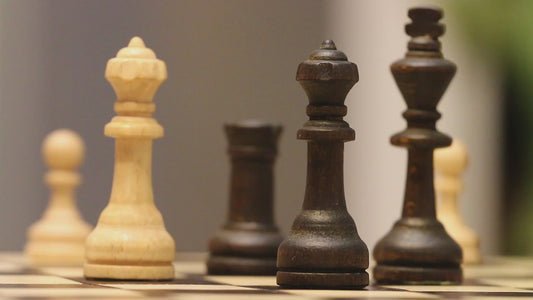
Competiton
A little theory ...
Competition is the expression of the desire to surpass oneself, to always do better, to develop oneself. Competition is just one way of quantifying the desire to surpass oneself. It allows us to compare ourselves and measure ourselves against others. It also allows us to discover the motivating and stimulating forces that lead us to surpass ourselves. By observing the models around them, children define what is possible for them to achieve and accomplish. Children quickly seek to imitate their parents or older siblings, with the aim of acquiring the same skills, becoming more like them, or even doing better than them. Competition involves both another individual (when we seek to equal or surpass an opponent) and ourselves (when we seek to surpass our personal limit). Competition remains healthy when opponents of the same calibre face each other. Victory is most satisfying when we've been able to use our strengths, knowledge and creativity to solve a situation.
How to stimulate development through play?
The aim of most games is for one of the participants to win. Prepare your child for the eventuality of not being the winner in every game played. Before starting a game, point out the strengths of each player that will make the competition close. For example, William knows his letters better than Jeanne. On the other hand, Jeanne is quicker at observation than William. Verbally and socially reward the winner: congratulate him/her in front of the others, grant him/her a privilege that all the players will enjoy (choose the snack for everyone, choose the movie they'll watch together tonight). Encourage healthy competition by forcing losers to congratulate the winner. To support your child in his quest for excellence, invite him to question the winner on the strategy he used to win. You can also analyze the game with the children (e.g. "I think the turning point of the game was when Alex paid close attention to the players' answers and was able to get hold of the embarrassed grandmother." Finally, you need to know how to balance games that encourage competition with those that encourage cooperation and the sharing of each player's strengths.
Article on this topic based on...
Shaffer, D. (2010). Developmental psychology: childhood and adolescence, Brooks/Cole Publishing Company.
http://www.votre-enfant.com/wiki/Le_d%C3%A9veloppement_psychomoteur_de_l%27enfant_%28partie_1%29





